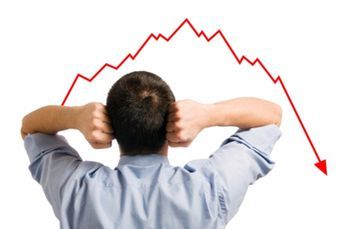Vegan ETF gets ‘carbon neutral’ rating without credits

The VegTech Plant-based Innovation & Climate ETF is in line with a 2.12˚F temperature rise.
A vegan ETF is claiming the title of first to be certified as carbon neutral without relying on offsets.
That product, the VegTech Plant-based Innovation & Climate ETF, received the designation from third party Ethos ESG, the investment firm announced today. The ETF invests exclusively in companies involved in plant-based foods and materials and avoids exposure to animal agriculture.
“When compared with the kinds of companies we are displacing, replacing and disrupting, we comparatively produce much fewer emissions,” said Elysabeth Alfano, CEO of VegTech Invest. “We don’t sequester [carbon] … we’re just not making the carbon emissions to begin with.”
Ethos ESG analyzed the ETF’s holdings and calculated that they were in line with a 2.12˚F average global temperature rise, compared with a 5.8˚F rise associated with the aggregate of companies in the S&P 500. The limit spelled out in the Paris Agreement is 3.6˚F, though it pointed to an increase of 2.7˚F or less as being preferable.
“Offsets are really important for mitigating global warming, but it is also critical that we address the underlying problem, including the massive emissions generated by our meat-based food system,” Luke Wilcox, ACA Group partner and founder of Ethos ESG.
“Although not sequestering carbon, Ethos determined that the aggregate carbon avoidance potential of all EATV holdings was greater than the estimated carbon footprint — i.e., an investment in EATV may result in a net reduction of carbon (aka carbon negative), when considering the expected emissions avoided.”
The ETF is small, at about $5.1 million in assets, and has net expenses of 75 basis points. It launched in December 2021 and has returned -35.1% since inception, according to figures from the company’s site.
“We get a lot of people who see that the global food supply system is shifting,” Alfano said.
A plant-based food system can feed more people using fewer resources, she noted, as plants require significantly less land, water and energy to produce comparable levels of calories and nutrients from farmed animals. Globally, agriculture is a leading source of greenhouse gas emissions, with animal agriculture estimated to account for more than 16%, as well as roughly a third of all methane emissions, Alfano noted, citing figures from several reports.
Some investors see the potential for returns amid major changes in how the planet is fed, including through plant-based meat alternatives — but others just want to avoid having exposure to animal agriculture for ethical, environmental and health reasons, she said.
“The world as a whole will adopt these innovations and these technologies,” she said.
‘IN the Office’ with Karen Altfest, founder of Altfest Personal Wealth Management
Learn more about reprints and licensing for this article.








